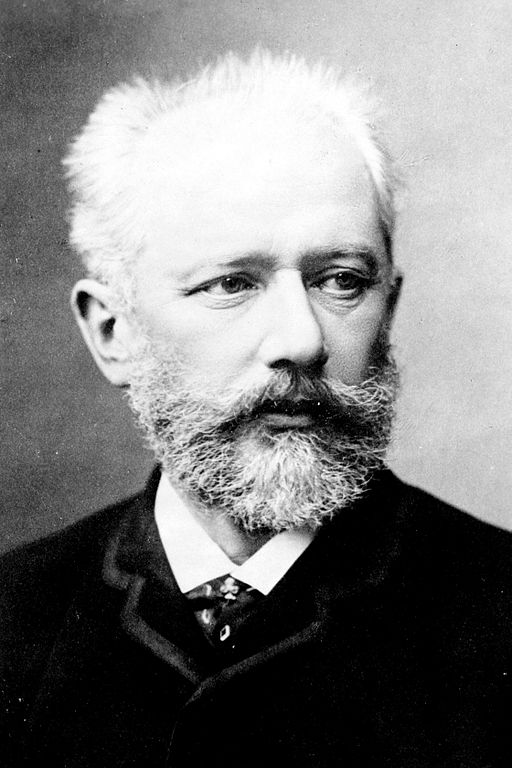May 7, 1840 – November 6, 1893

Russian composer of late romanticism Pyotr Ilyich Tchaikovsky was born in the city of Votkinsk on this day. Although he was not a member of the Russian Five, he became famous during that period. His works exuded a national character, containing a melody defined by Russian melody and an archaic overtone. Although he successfully combined international elements with motifs of Russian folk music, some critics believe that his works possessed more Western elements than traditional ones. Despite that, he quickly gained popularity with the audience. According to the letters he exchanged with Nadezhda Filaretovna von Meck (Tchaikovsky’s patron), to whom he dedicated his Symphony No. 4, it can be concluded that with a secure stay abroad, as well as material independence, he had the opportunity to compose calmly and devotedly. Also, here we can find out the course of his creative work, as well as aesthetic views on music. From his rich concert opus, it can be concluded that he loved to write Symphonies, of which there are six, and he transferred his love for orchestration to ballet, and towards the end of his life he wrote today’s unavoidable works of many ballet stages: Swan Lake, Sleeping Beauty, and for the youngest audience The Nutcracker. Among the ten operas, the most famous are Eugene Onegin and The Queen of Spades. The orchestral work Slavic March, dedicated to the First Serbian-Turkish War of 1876, when a large number of Russian volunteers fought on the side of the Serbs, was also noticed. He also paid special attention to piano works, retaining the classical approach to composing, and therefore pianists today are especially happy to perform the cycle The Seasons and Piano Concerto No. 1.
Pyotr Ilyich Tchaikovsky – Violinist CARRIE REHKOPF-TCHAIKOVSKY VIOLIN CONCERTO 3rd
Pyotr Ilyich Tchaikovsky, CC BY-SA 3.0, via Wikimedia Commons
Author: Katarina Georgijević
Translation: Jelena Čolović
